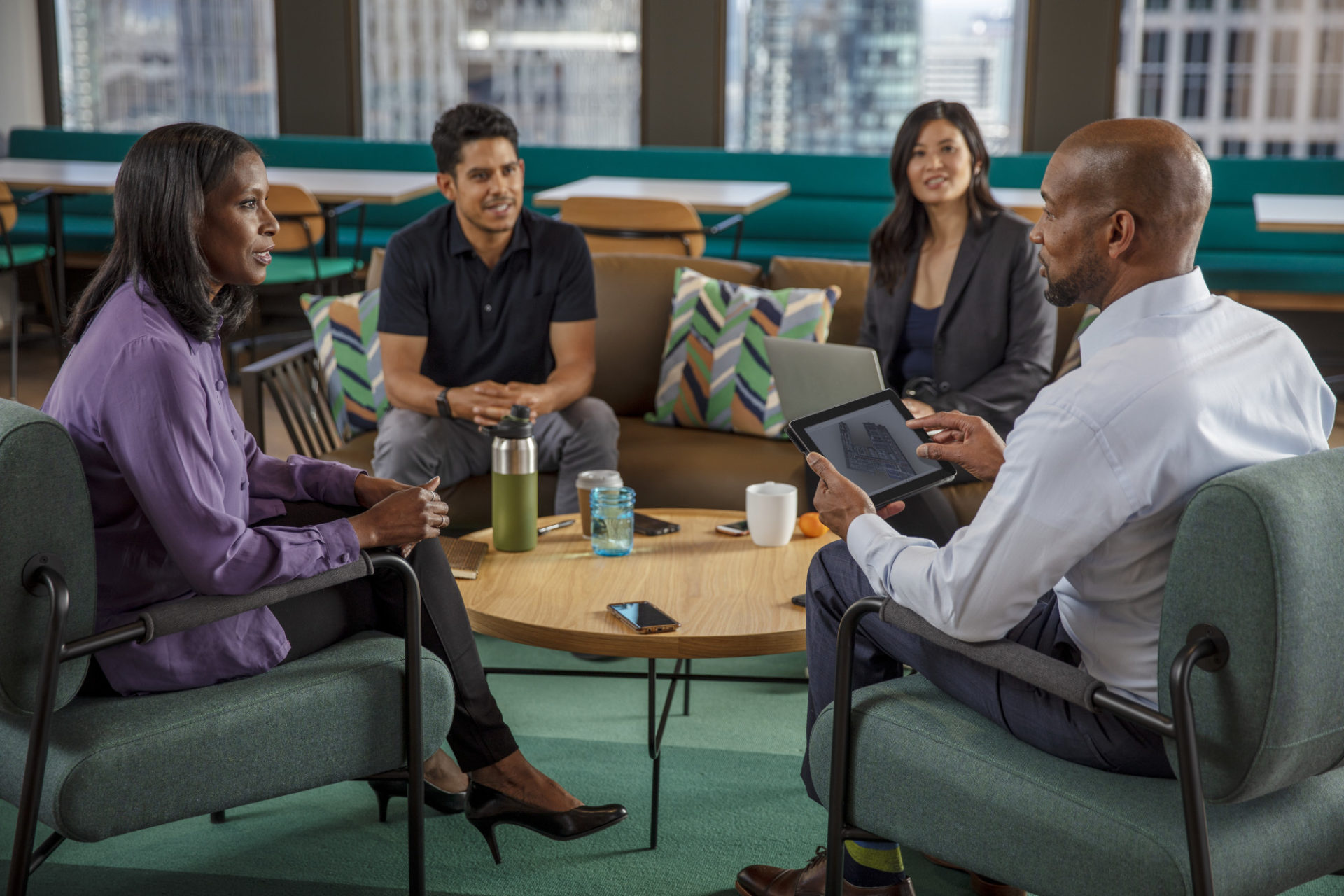Attorneys Susie Berg and Jeff Kaban were still relatively new to Autodesk when they volunteered to develop a pro bono program for the Autodesk Legal Department in 2020. With pandemic lockdowns in full effect and racial justice protests nationwide, it was a tumultuous but opportune time to create the program. “A lot of issues that people in our legal department care about were suddenly front and center,“ says Berg, Senior Corporate Counsel.
While the Autodesk Foundation facilitates pro bono opportunities through individual pro bono consulting as well as team and immersion projects, the Legal Department was eager to create a customized program. “The American Bar Association is clear that it’s a privilege to be a lawyer, and with that privilege comes an ethical obligation for attorneys to give back to society by providing legal services to those who cannot afford them,” says Kaban, Senior Litigation & Compliance Counsel.
Making a long-term impact in a short period of time
As Co-Chairs of the new Pro Bono Committee, Berg and Kaban gathered input from their department and then sought out nonprofits with missions and projects that aligned with their colleagues’ interests and capacity. “We looked for issues where there could be short-term projects that our attorneys and legal staff could get excited about, and where they would feel they could make an impact in a short period of time,” says Berg.
Bill Reagon, Director, Senior Counsel, volunteered for the American Civil Liberties Union Justice Lab, which challenges racially discriminatory policing practices in Louisiana through storytelling and litigation. Reagon conducted an intake interview with a Louisiana man who’d suffered extensive abuse by the police after being arrested during a mental health crisis. The ACLU has since filed a lawsuit on the man’s behalf. “We always say that our work at Autodesk is important, but no one’s going to die. But this guy almost did, and he needed help. What I could do was listen and have empathy, and allow him space to tell his story. It was an incredible responsibility, really.”
Along with the ACLU Justice Lab, attorneys and staff from the Legal Department have helped through Bet Tzedek transgender individuals apply for legal name and gender marker changes so that their legal documents match their identity, immigrants fleeing life-threatening situations apply for asylum in the United States through OneJustice, and houseless and other marginalized individuals living at society’s margins navigate the Marin County courts in collaboration with Legal Aid of Marin, among other partnerships.
Berg says that creating a pro bono program during a global pandemic hasn’t been without significant challenges, but “it’s given people the opportunity to give back at a time when many of us are at a loss about what to do with the world’s problems.” Even without the opportunity to meet clients in-person, or discuss meaningful experiences with colleagues in the office, “there’s an appreciation for being able to leverage our legal degree to help people, even if it’s in a small way.”
Facilitating employee impact
“The legal pro bono program is just the kind of employee impact we hope emerges from the pro bono programs we have built at Autodesk. The legal team’s pro bono projects have inspired the Foundation team to think bigger about how to align employees’ skills with impact,” says Christine Stoner, Director of the Autodesk Foundation.
Autodesk employees have 48 hours per year of volunteer time that can be used during working hours. The Autodesk Foundation facilitates this volunteer time by rewarding every 10 hours of volunteer time with a $100 CauseCard to donate to a nonprofit.
